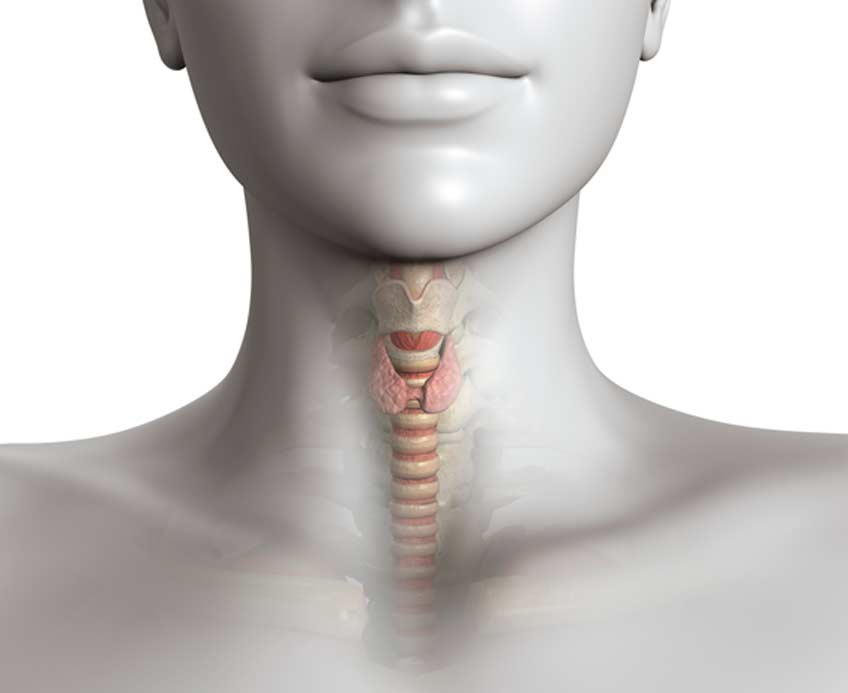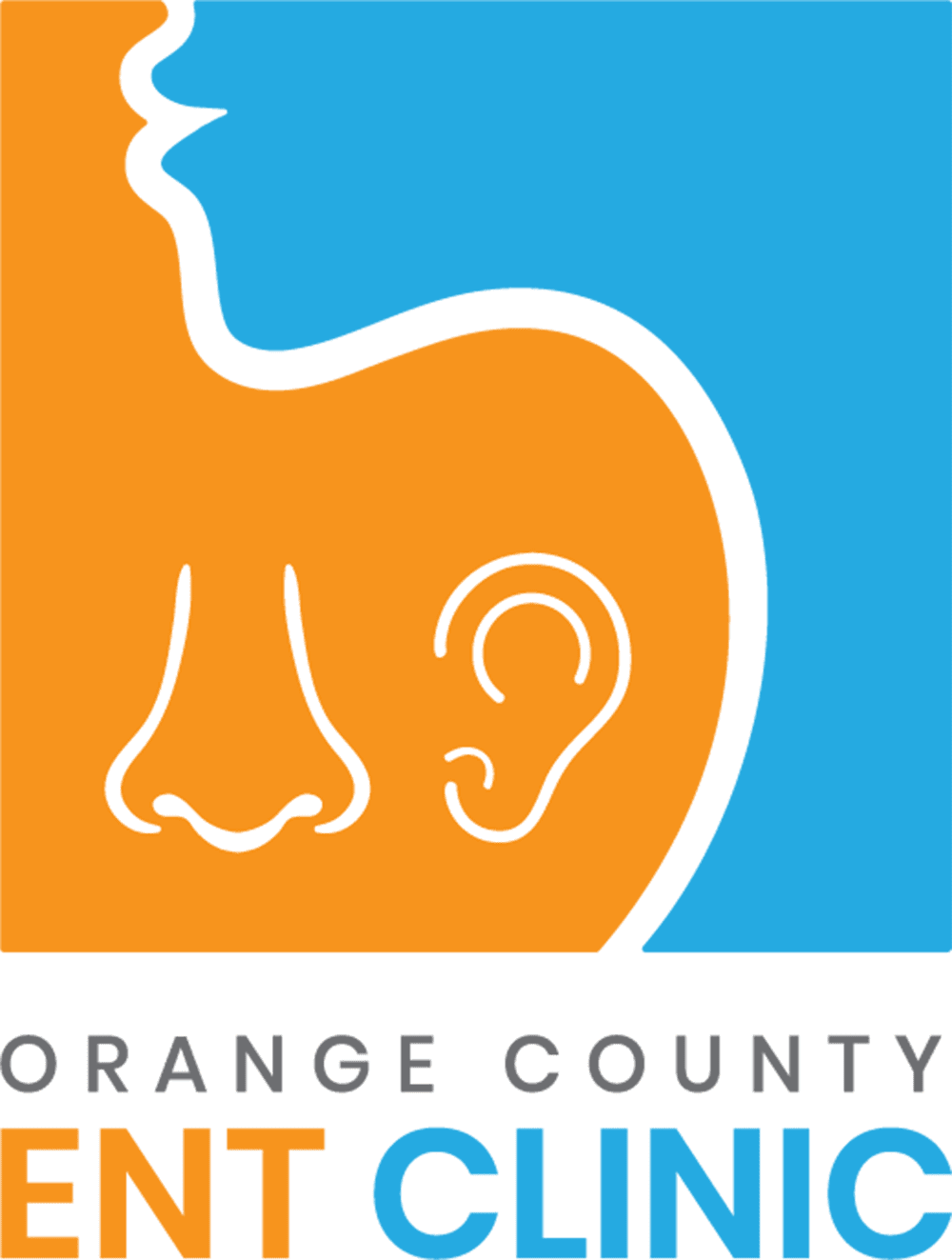
The thyroid gland is important for multiple body functions, such as regulating metabolism and heart rate.
At some point in life, approximately 10 percent of adults will experience a nodule on their thyroid. Over 90 percent of these will be benign. Some are actually fluid-filled cysts. Since these lumps are not uncommon, it is important for all people to have some knowledge of them.
Causes
Nodules may develop on the thyroid for multiple reasons. The following are potential causes:
- Normal thyroid tissue overgrowth, sometimes called a thyroid adenoma
- Iodine deficiency
- Chronic thyroid inflammation, such as Hashimoto’s disease
- Thyroid cyst
- Thyroid cancer
- Multinodular goiter (due to a thyroid disorder or iodine deficiency)


Symptoms
In most cases, people do not experience symptoms with a thyroid nodule. However, if they get large enough, someone may experience:
- They may be able to feel the nodule
- At the base of the neck, swelling may occur
- Difficult swallowing or shortness of breath are possible if the nodule puts pressure on the esophagus or windpipe
In some cases, excess production of thyroxine may occur with a nodule. This is a hormone that the thyroid gland secretes. If this happens, people may experience overactive thyroid symptoms, such as:
- Unexplained weight loss
- Tremor
- Irregular or rapid heartbeat
- Increased sweating
- Nervousness
Diagnosis
The diagnostic process involves determining if a nodule is present, discovering the underlying cause and evaluating the growth for malignancy. The doctor usually starts with a physical exam. They can palpate the throat area to feel for a nodule. They will also ask about the patient’s symptoms.
Thyroid function tests are done to look at triiodothyronine and thyroxine levels. The doctor will also evaluate the patient’s thyroid-stimulating hormone levels to see if they have an underactive or overactive thyroid.
Other testing may include:
- Fine-needle aspiration biopsy: Doctors may perform this test to determine if the nodule is cancerous.
- Ultrasonography: This test allows the doctor to visualize the thyroid and any nodules growing on it.
- Thyroid scan: This test allows doctors to see the nodules that are producing excess thyroid hormone.
Treatment
If the nodule is not cancerous, watchful waiting may be the appropriate approach. This involves seeing a doctor regularly to monitor the nodule. In some cases, thyroid hormone suppression therapy might be beneficial for patients.
Even if a nodule is benign, if it is making it difficult to swallow or breath, the doctor might recommend surgery. This may also be done to biopsy the nodule to determine if it is cancerous.
If a nodule is causing overactive thyroid, the doctor may recommend anti-thyroid medications or radioactive iodine. Surgery may be necessary if these treatments cannot be administered.
If a nodule is malignant, surgery to remove it is the most common course of treatment. In some cases, alcohol ablation might be recommended.
If someone suspects that they have a thyroid nodule, they should contact their doctor. It is important to have them evaluated to ensure a correct diagnosis.
